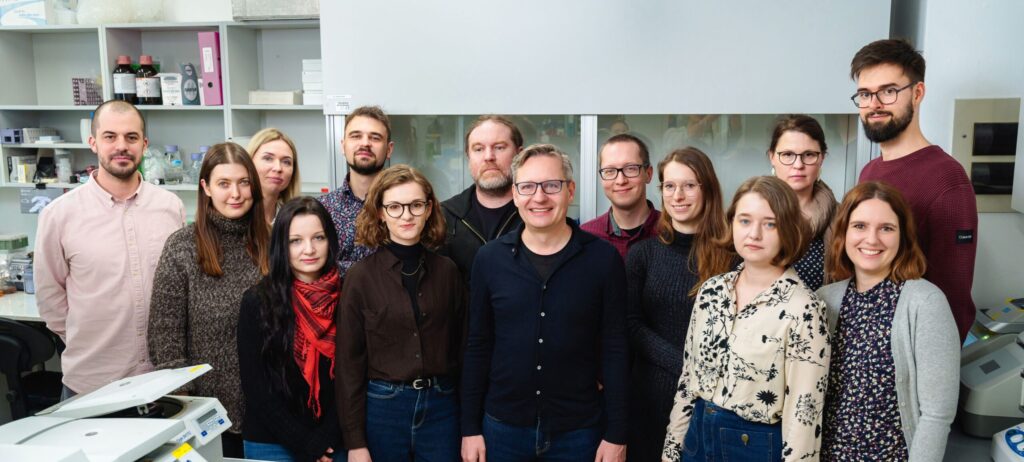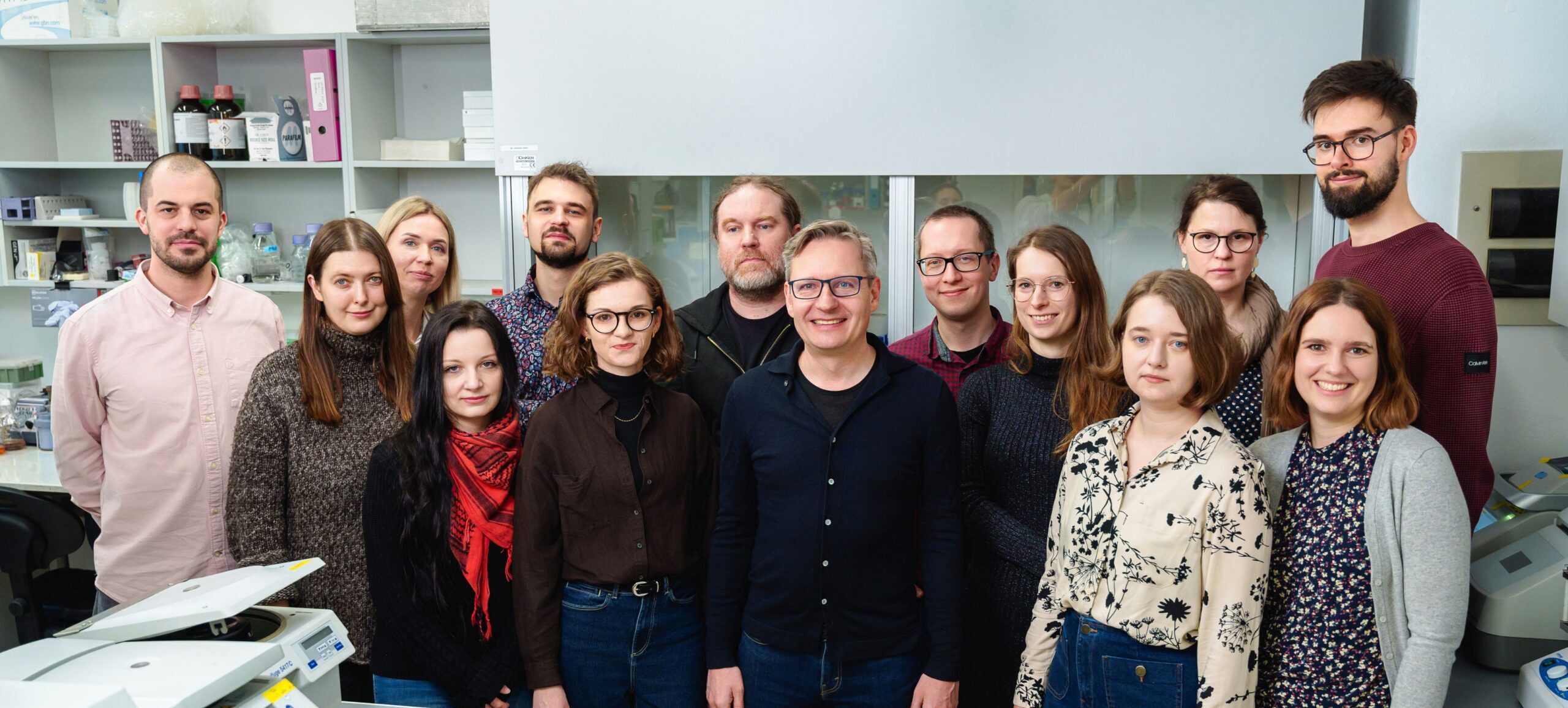Researchers at the International Institute of Molecular and Cellular Biology in Warsaw (IIMCB) have described a new mechanism that increases the effectiveness of mRNA therapy. The findings of the Polish scientists have been published in the scientific journal Nature, considered the most prestigious in the world. They may facilitate the creation of modern drugs against cancer and infectious diseases.
Prof. Andrzej Dziembowski’s team from the Laboratory of RNA Biology at the International Institute of Molecular and Cellular Biology in Warsaw “put under the lens” the popular preparations Comirnaty and Spikevax, widely used during pandemics. Both vaccines work in a similar way: they contain mRNA molecules that carry the instruction to produce the S protein, found on the surface of the SARS-CoV-2 coronavirus.
Polish scientists have shown that the enzyme TENT5A plays a key role in the elongation of the poly(A) tail. This enzyme is involved in the addition of adenine molecules to the poly(A) tail of mRNA. It is present in some cells in our body, primarily those producing a lot of proteins that are then secreted outside the cell.
The team also observed that macrophages, immune cells responsible for capturing and neutralizing “intruders,” play the most important role in the action of mRNA vaccines. The groundbreaking research was carried out using the IN-MOL-CELL research infrastructure of the International Institute of Molecular and Cellular Biology, purchased with funds from the National Reconstruction Plan.
Key findings described by Polish scientists in Nature:
- Therapeutic mRNAs are metabolized at different rates in different cell types.
- Macrophages are the main source of antigen encoded by mRNA vaccines after intramuscular administration.
- Therapeutic mRNA molecules undergo elongation by TENT5A polymerase, which stabilizes them and enhances the production of encoded antigen.
- TENT5A increases the immunogenicity of mRNA-based vaccines. This effect is not observed for preparations based on purified antigen. The absence of this enzyme has the effect of reducing the level of immune response.

A team from IIMCB’s RNA Biology Laboratory, who carried out the study published in Nature. Source: IIMCB
The scientific article “Re-adenylation by TENT5A enhances efficacy of SARS-CoV-2 mRNA vaccines” can be found at: https://www.nature.com/articles/s41586-025-08842-1






